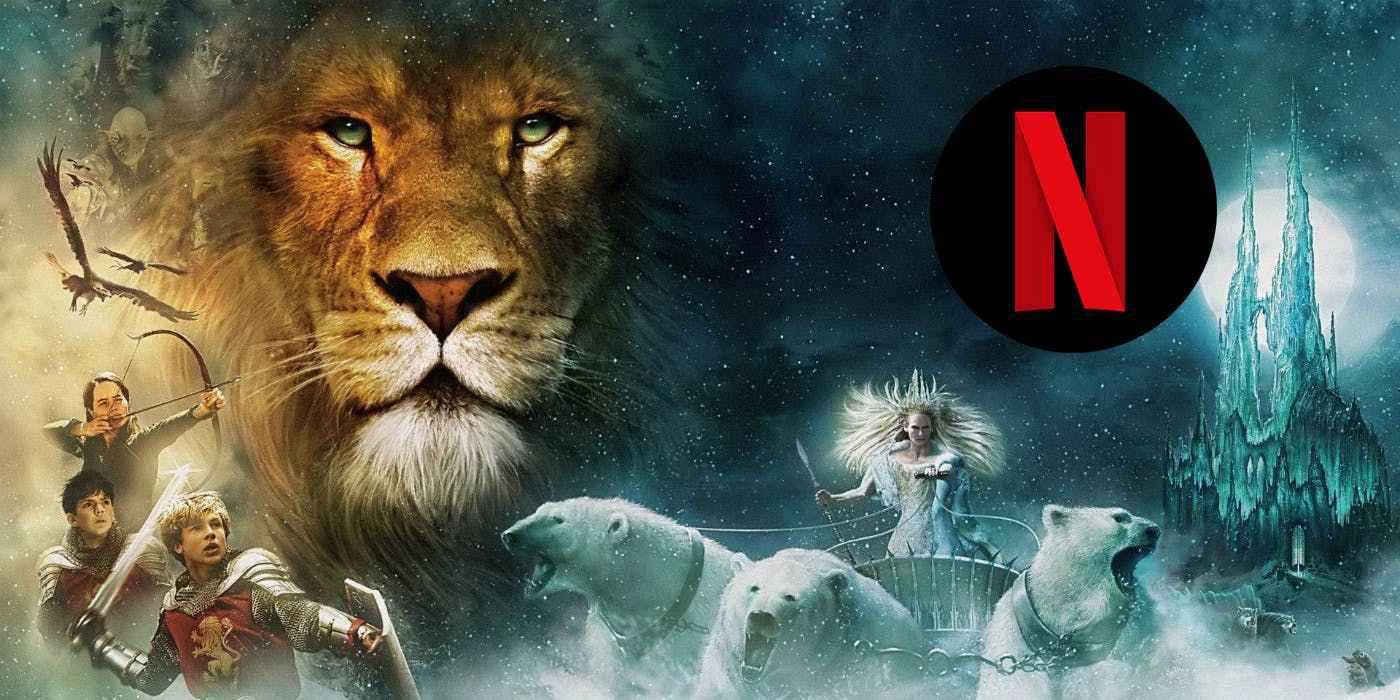The Chronicles of Narnia

The Chronicles of Narnia, a beloved series of seven fantasy novels by C.S. Lewis, has captivated readers of all ages since its first publication in the 1950s. Recognized as one of the most cherished works of children’s literature, this series has sold over 100 million copies worldwide and has been translated into 47 languages. Lewis’s imaginative storytelling, rich world-building, and profound themes continue to resonate with readers, making Narnia a timeless literary treasure.
The series consists of seven books: The Lion, the Witch and the Wardrobe, Prince Caspian, The Voyage of the Dawn Treader, The Silver Chair, The Horse and His Boy, The Magician’s Nephew, and The Last Battle. Each installment transports readers to the enchanting land of Narnia, a magical realm inhabited by talking animals, mythical creatures, and profound allegorical themes. At the heart of Narnia is the character of Aslan, a noble lion who symbolizes goodness, sacrifice, and redemption.
One of the most compelling aspects of The Chronicles of Narnia is its ability to blend fantasy with moral and philosophical lessons. Through the adventures of the Pevensie siblings—Peter, Susan, Edmund, and Lucy—the stories explore themes of courage, betrayal, forgiveness, and the battle between good and evil. For instance, in The Lion, the Witch and the Wardrobe, Edmund’s betrayal of his siblings and his subsequent redemption arc underscore the importance of forgiveness and the complexities of human nature. This moral depth adds layers of meaning to the narrative, encouraging readers to reflect on their own values and choices.

Lewis’s imaginative world-building in Narnia is another key factor contributing to the series’ lasting appeal. Each book introduces readers to diverse landscapes, from the icy realm ruled by the White Witch to the lush forests of the Telmarines. The vivid descriptions and rich details create a sense of wonder and adventure that invites readers to lose themselves in the story. The magical creatures, including centaurs, fauns, and talking animals, enhance the fantastical elements of the narrative, making Narnia a place where the ordinary is transformed into the extraordinary.
Moreover, the series is imbued with allegorical elements that resonate with readers of all backgrounds. Many scholars and fans interpret Aslan as a representation of Christ, embodying themes of sacrifice and resurrection. The struggles faced by the characters often parallel the challenges of real life, reflecting Lewis’s Christian beliefs while remaining accessible to a broad audience. This duality allows readers to engage with the text on multiple levels, finding both entertainment and spiritual nourishment within its pages.

The impact of The Chronicles of Narnia extends beyond literature; it has inspired numerous adaptations across various media. From animated films to stage productions, and most notably, the live-action film series that began in the mid-2000s, Narnia’s magic has been brought to life for new generations. The films, particularly The Lion, the Witch and the Wardrobe (2005), received critical acclaim and commercial success, reigniting interest in Lewis’s original works and introducing the timeless stories to a wider audience.

Additionally, the series has become a staple in educational settings, often included in school curricula for its rich themes and engaging storytelling. Teachers use the books to encourage discussions about morality, ethics, and the power of imagination. The timeless lessons and relatable characters make Narnia an effective tool for fostering a love of reading and critical thinking among students.
The enduring popularity of The Chronicles of Narnia is a testament to C.S. Lewis’s masterful storytelling and his ability to create a world that speaks to the hearts of readers. The series has transcended generations, continuing to inspire and enchant audiences young and old. As new adaptations emerge and discussions about the books persist, Narnia remains a significant part of literary and cultural history, inviting readers to embark on adventures filled with magic, morality, and the unyielding power of hope.

In conclusion, The Chronicles of Narnia is more than just a series of fantasy novels; it is a profound exploration of human nature, morality, and the journey toward redemption. C.S. Lewis’s ability to weave rich narratives with deep philosophical themes has solidified Narnia’s place as a classic of children’s literature. As readers continue to explore the wonders of this magical world, they are reminded of the timeless truths that lie at the heart of Lewis’s work—truths that resonate across time, cultures, and generations. Narnia invites us all to believe in the extraordinary and to find courage in the face of adversity, making it a cherished treasure that will endure for years to come.
Suggested videos for you:
Suggested videos for you:











